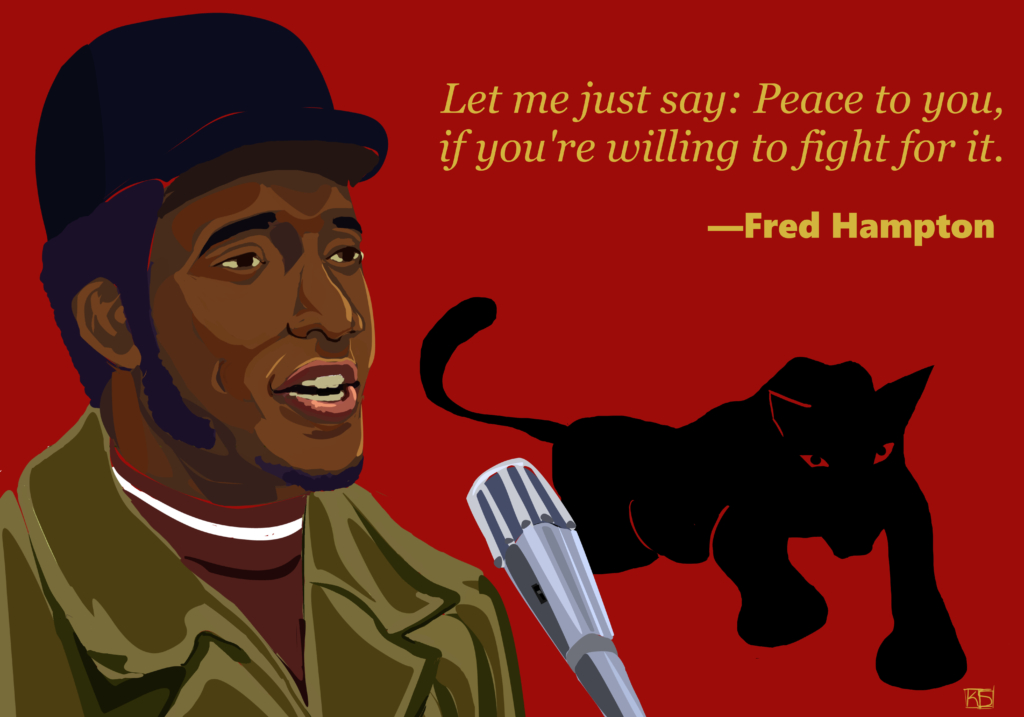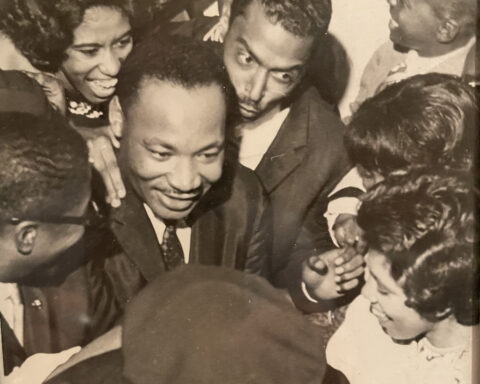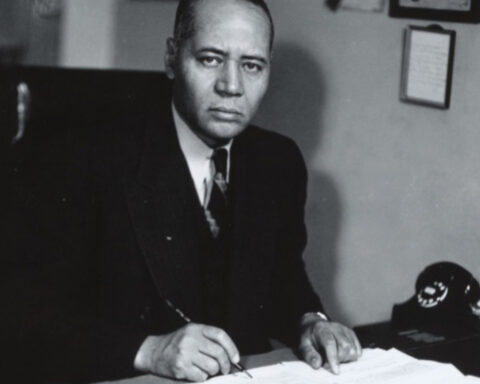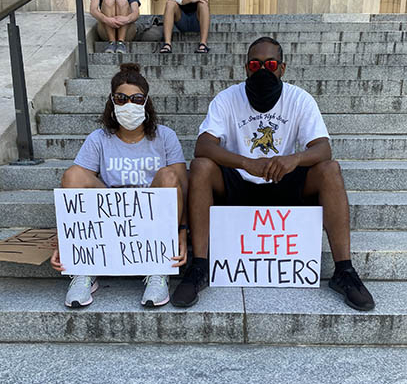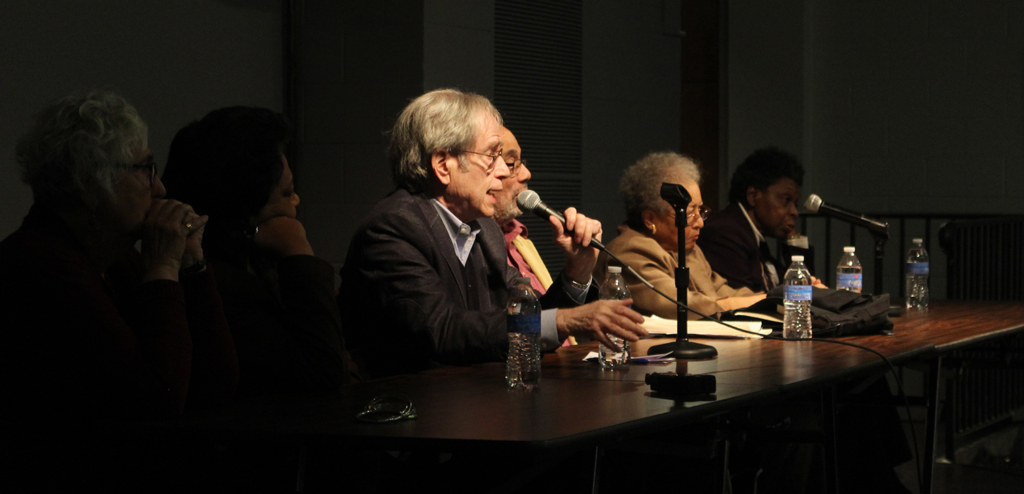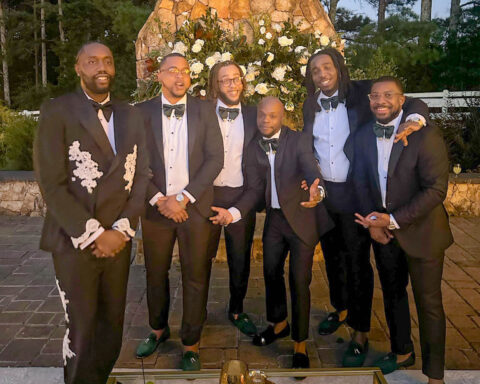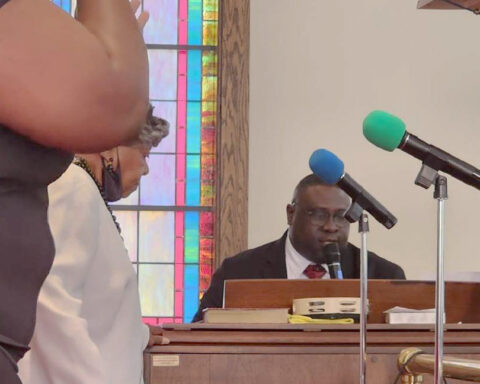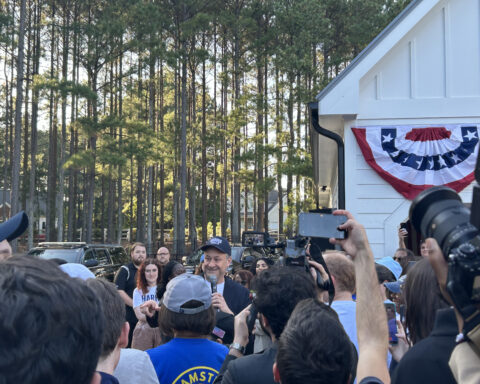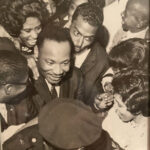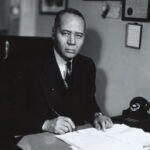It’s February, and February means Black History Month. For many, this is a reason to take to Facebook and post quotes by one old standby or another, the historical figures we all know and revere: Martin Luther King Jr., Malcolm X, W.E.B Du Bois, and Rosa Parks.
Their contributions to African-American history will be remembered throughout the ages. But too many others who have struggled for the rights of African Americans have slipped under the radar.
Civil rights activist Fred Hampton, for example, is largely unknown by many blacks today. This image of him and several more to come in the next few weeks will feature other obscure figures in black history.
Fred Hampton Sr. was born August 30, 1948 in Chicago. He got his start in the Civil Rights Movement when he joined the NAACP. Hampton soon became a spokesman for the Black Panther Party and Student Nonviolent Coordinating Committee.
Hampton used his charisma and speaking abilities to bring gang members of all races—whites, Latinos, and blacks—together to fight poverty and resist police brutality.
However, his meteoric rise as an activist did not go unnoticed by J. Edgar Hoover’s FBI, which relentlessly spied on civil rights activists, including Martin Luther King Jr.
At 4:45 a.m. on December 4, 1969, the Chicago police, the FBI and officers from the Cook County State’s Attorney’s Office, on a tip from and FBI informant, stormed Hampton’s apartment and killed him instantly with a shotgun wound to the chest. His fiancée, Akua Njeri, who was eight months pregnant, was lying on the mattress beside him.
Initially his murder was ruled as a “justifiable homicide.” Over 5,000 supporters from Chicago’s black community attended his funeral.
In 1982, the city of Chicago settled with Hampton’s family for $1.85 million for Hampton’s wrongful death.
The FBI’s informant, an African American named William O’Neal, who led the police and FBI to Hampton would confess his role in assisting the FBI and commit suicide in 1990.

